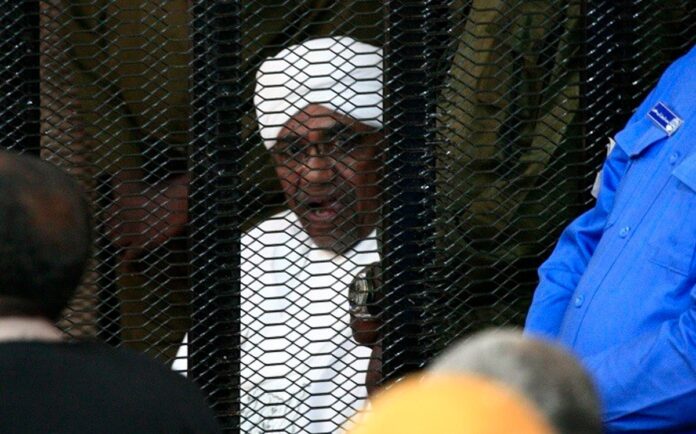The ouster of Omar al-Bashir has forced Sudan’s economy to sink into a deep crisis.
The removal of Al-Bashir almost a year ago had caused social unrest in a country in transition.
Mass protests erupted in Sudan in late 2018 against a government decision to triple bread prices.
Bashir’s ouster last April was followed by months of talks, against a backdrop of continued protests, that eventually produced a transitional government comprised of civilian and military officials.
But today in Khartoum, little has improved for most Sudanese.
People queue up for around three hours to buy bread, and six hours to fill their tanks at petrol stations.
Power cuts last six hours a day, and gas bottles for domestic use are hard to come by.
“People protested for change,” said Hassan Ibrahim, who had been waiting hours to fill up his minibus—his only source of income—with diesel fuel.
“There were martyrs and young people sacrificed their lives. Those who govern today need to step down if they feel they are incapable of improving the situation”, the man in his fifties said.
More than 250 people were killed during the protests and unrest that ended Bashir’s 30-year rule, according to doctors linked to the protest movement.
Organisations like the International Monetary Fund paint a sombre picture.
The Sudanese economy contracted by 2.3 per cent in 2018 and by 2.5 per cent in 2019 and is projected to contract by 1.2 per cent this year, it said in a report.
“High inflation (60 per cent), continued exchange rate depreciation, and pervasive shortages will continue to aggravate social tensions,” the IMF added.
One Sudan analyst expressed concern at the intense financial pressure on households, the state subsidies that drain public coffers and soaring inflation.
“The transitional government and the international community must move quickly to avert an economic collapse and accompanying disintegration of the transitional dispensation,” said Jonas Horner, senior Sudan analyst at the International Crisis Group.
More




